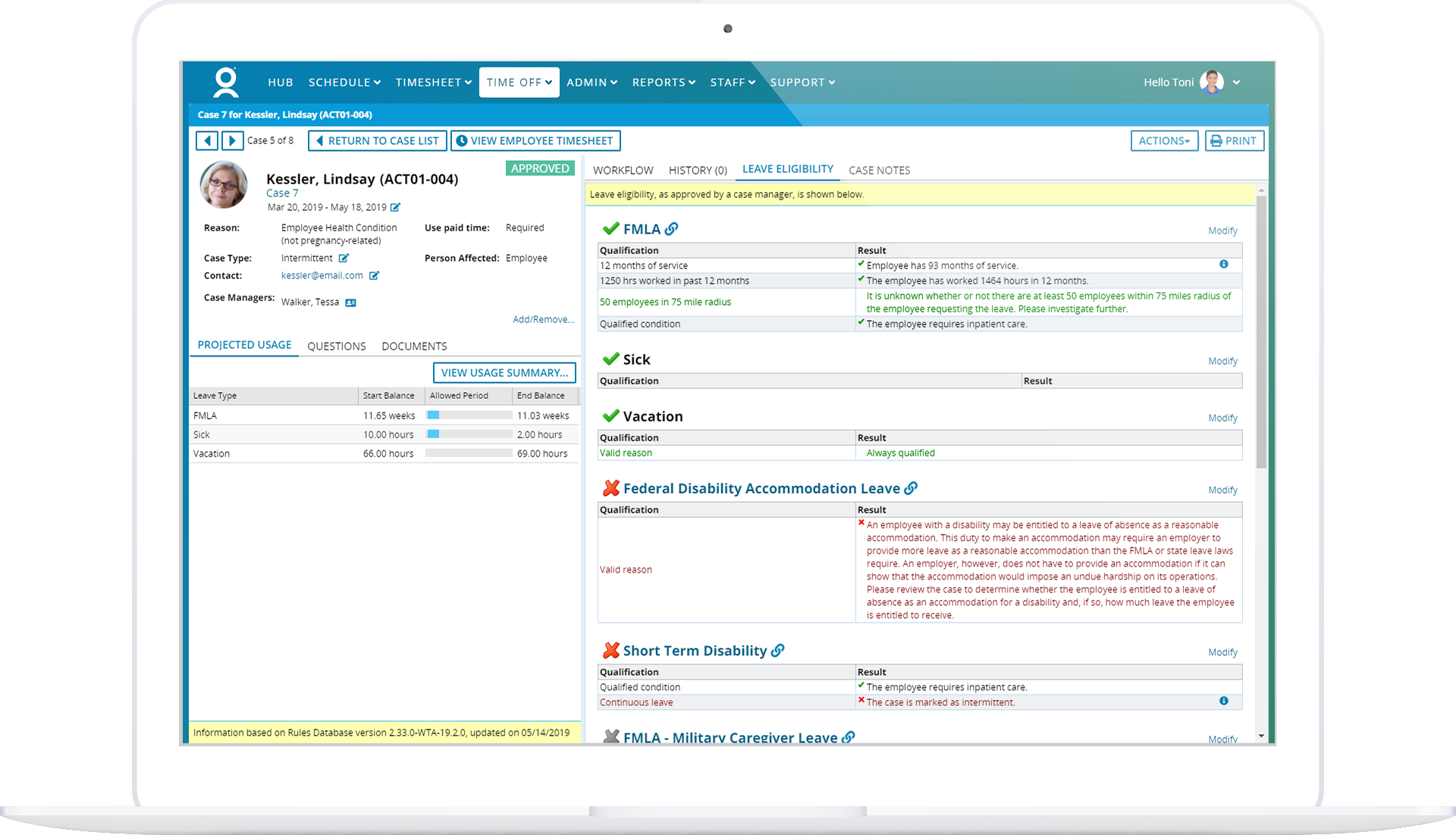Compliance Navigator
Employers Should Always Be on the Lookout for New Employment Laws


Paul Kramer
Director of Compliance
Fair Labor Standards Act (FLSA)
Effective August 7, 2020, the U.S. Department of Labor is revising its regulation for computing overtime pay of nonexempt employees who are paid a fixed salary and work a fluctuating work week (i.e. hours vary from week to week). The final rule clarifies that additional payments such as bonuses, premium pay, commissions, and hazard pay are compatible with the fluctuating workweek method of compensation and must be included in calculating an employee’s regular rate of pay when appropriate under the FLSA.
Chicago Fair Workweek Ordinance
This new predictive scheduling law took effect July 1, 2020. Employees are generally covered by the ordinance if they work in a covered industry (building services, health care, hotels, manufacturing, restaurants, retail, and warehouse services), earn a yearly salary of $50, 000 or less or $26.00 or less per hour (adjusted annually), and spend most of their time working in Chicago. Among numerous other provisions, the ordinance requires employers to provide employees with advance notice of their work schedules and pay additional “predictability pay” for each shift the employer changes without proper notice.
Maryland Paid Sick Leave
Maryland Paid Sick Leave may be used by covered employees, in part, to care for a family member’s physical or mental injury or illness. Effective October 1, 2020, the definition of “family member” will be expanded to include an employee’s legal ward, a legal ward of an employee’s spouse, and a legal guardian of an employee’s spouse.
Bernalillo County Paid Time Off
Beginning July 1, 2020, covered employers in Bernalillo County, New Mexico must allow employees to begin accruing paid time off at a rate of one hour for every 32 hours worked. The new ordinance applies to employers that must apply for a county business registration and have at least two employees and a physical premise in the county’s unincorporated limits.
New York State Paid Sick Leave
New York employers of all sizes will be required to provide paid or unpaid sick leave to their employees. The amount of leave, and whether it is paid or unpaid, will be determined by the number of workers an employer has in any calendar year, and its net income. The law is effective September 30, 2020, but employers may require employees to wait until January 1, 2021 to begin using their accrued leave.
Virginia Pregnancy Accommodation
Effective July 1, 2020 covered employers in Virginia are required to reasonably accommodate the known limitations of an employee concerning pregnancy, childbirth, or related medical conditions, unless the employer can show the accommodation would impose an undue hardship.
Employers should analyze new regulatory changes
This list of new laws is not all-encompassing. In any state or local jurisdiction where employers have employees, they should take time to investigate and analyze new regulatory developments in order to remain compliant. Legal compliance is a key aspect to any successful organization, and it is a responsibility which employers should take seriously.
Subscribe to The WorkForce Blog
Learn the art and science of maintaining productive, happy, engaged employees.
Discover More
Nucleus Insights from WorkForce Customers Research Note
Nucleus Research interviews WorkForce customers who validate why we’re ranked the #1 WFM enterprise vendor for 10 consecutive years.
Elevate Employee Experience: Checklist for Operational Leaders
Get the practical steps and technology functionalities operation leaders need to improve their employees’ work experiences.
Streamlining Complex Workforce Compliance Requirements Boosts Productivity
Discover how workforce compliance software helps EMEA organisations navigate complex legislation, enhance compliance and boost operational efficiency.




